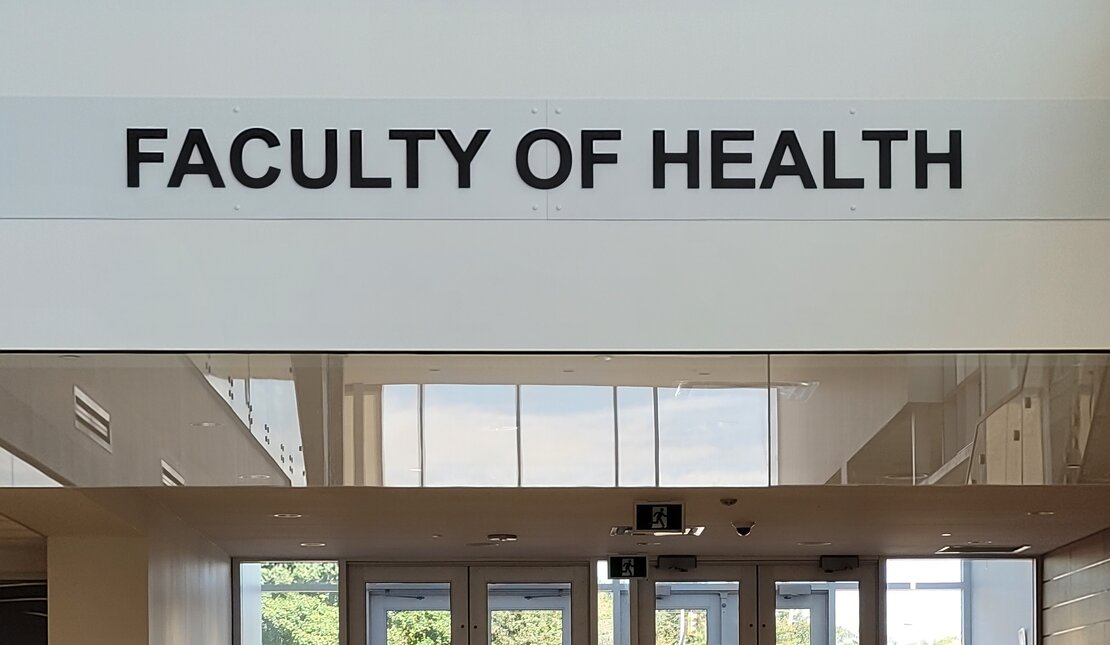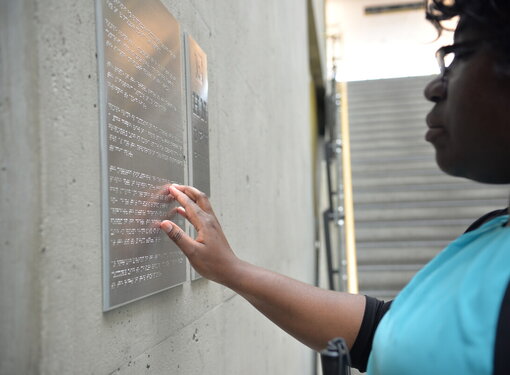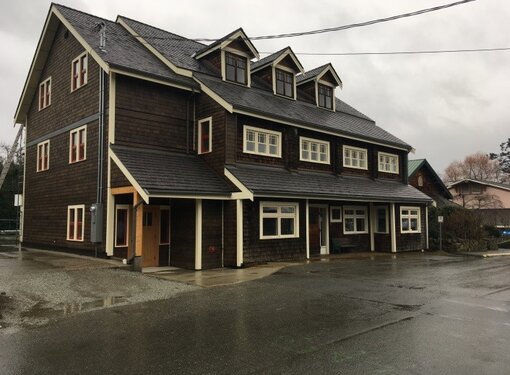University of Waterloo Continues Accessibility Journey with RHFAC Ratings
When the Ontario government announced in 2020 that it will provide funding for 250 sites in 16 select municipalities across the province to receive a complimentary Rick Hansen Foundation Accessibility Certification™ (RHFAC) rating, the University of Waterloo saw it as an opportunity to establish accessibility principles in the built environment across campus to improve inclusion for people with disabilities.
“One of the challenges we experience is that many standards available do not address the unique role of our campus buildings and how they are used,” Joyce Barlow, Associate Director, Disability Inclusion at University of Waterloo explained. “The [Rick Hansen Foundation Ontario] Complimentary Rating program was a great way for us to apply the RHFAC [methodology] to a variety of our campus buildings and determine whether it is a good fit for us to align with as an assessment tool.”
To the University of Waterloo, accessibility and innovation are intertwined, which is important to the institution. Barlow explained that the University of Waterloo “must be able to support all our diverse learners and employees to thrive in an environment where they can demonstrate their full potential, which will in turn benefit the University's mission in teaching, research, and service to our community."

RHFAC Complimentary Ratings
Prior to the process, Barlow explained that they engaged in consultation with the community.
“Each of our site managers was fully engaged in the process. The University also has an Accessibility Advisory Panel, where anyone can bring forward accessibility concerns at any time. Feedback received over the years has confirmed that we require dedicated focus on accessibility within our built environment,” Barlow noted.

Faculty of Health
Lili Liu, PhD, professor and dean of the Faculty of Health at Waterloo spearheaded the RHFAC rating efforts at the Faculty of Health buildings, three of which received RHFAC ratings.
Liu, who is also a licensed occupational therapist, said she had heard about RHF previously and wanted to get involved. She was in contact with Barlow regarding the opportunity to get buildings rated and explained the review would be timely for the Faculty of Health.
“We wanted to find out about the cost to implement strategies that align with our faculty’s priority to create a culture of health and wellbeing,” Liu noted.
Julie Cassaubon, Administrator of Faculty Relations and Appointments at the Faculty of Health, said that the ratings program was excellent because it helped provide tangible areas for which they could improve.
The Faculty of Health has already begun making improvements to their buildings, including moving evacuation instructions to the correct height and improving visibility of navigational signage and accessibility in high traffic areas and washrooms. Cassaubon explained that they have been able to make a list of priorities from RHFAC Scorecard, and have already upgraded accessibility in main washrooms, parking ramp visibility, automated doorways, and reception counter accessibility that were identified as priority.

The Future of Accessibility at University of Waterloo
In total, 9 sites were rated, and 7 achieved certification. Barlow explained that this confirmed what they suspected coming into the process.
“The ratings confirmed our anecdotal understanding that some of our older buildings were missing the mark for accessibility, while newer ones were able to get certified. I think this shows that changes in legislation and requirements are working,” Barlow said. “However, some areas are consistently requiring attention and improvements and we will have to spend some time focusing on those pieces.”
Going forward, many departments at the University are developing equity, diversity and inclusion plans to support the university community. Further, the information from the RHFAC rating program will guide upgrades and a work plan on how to achieve accessibility in more campus spaces.






